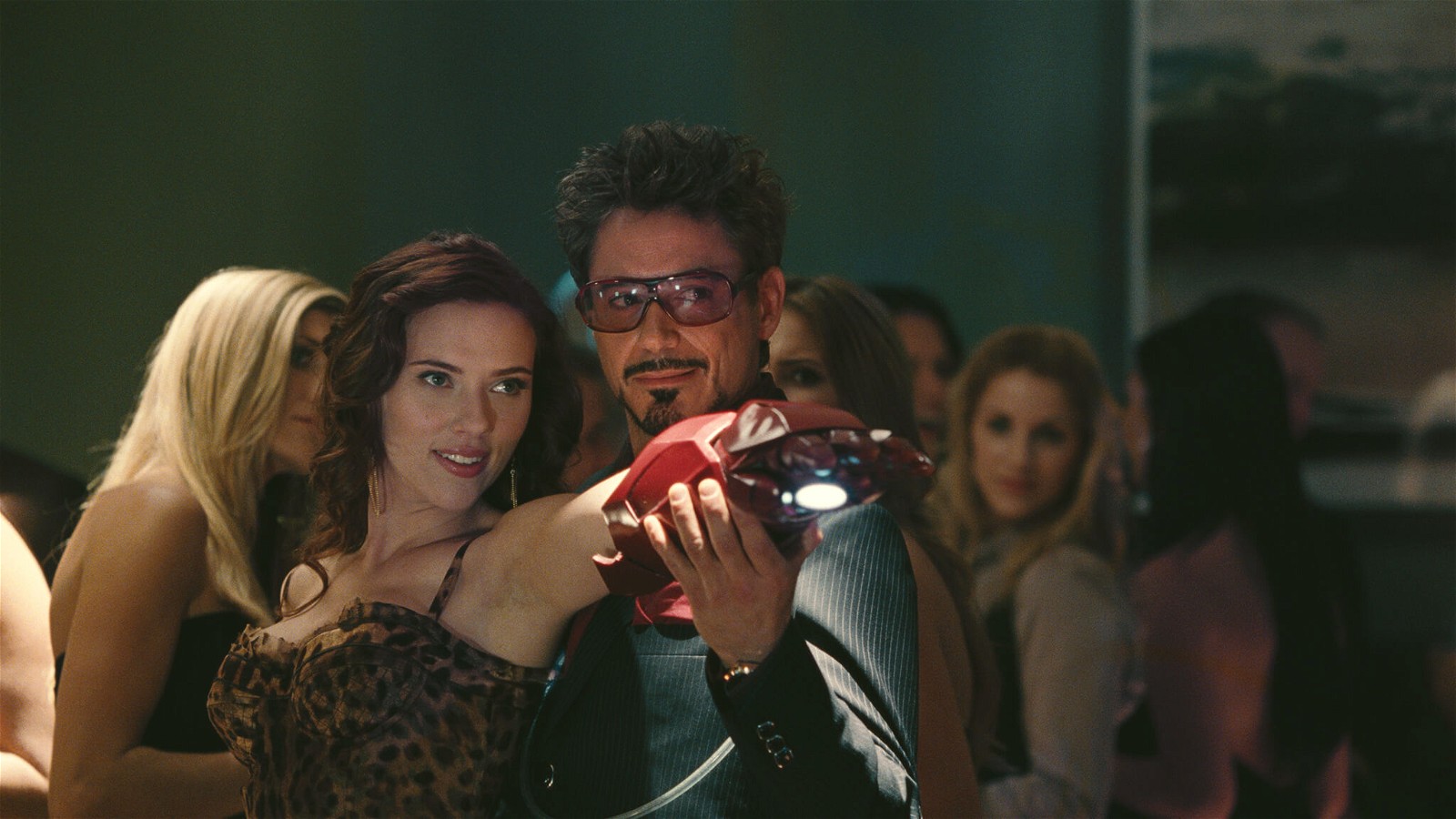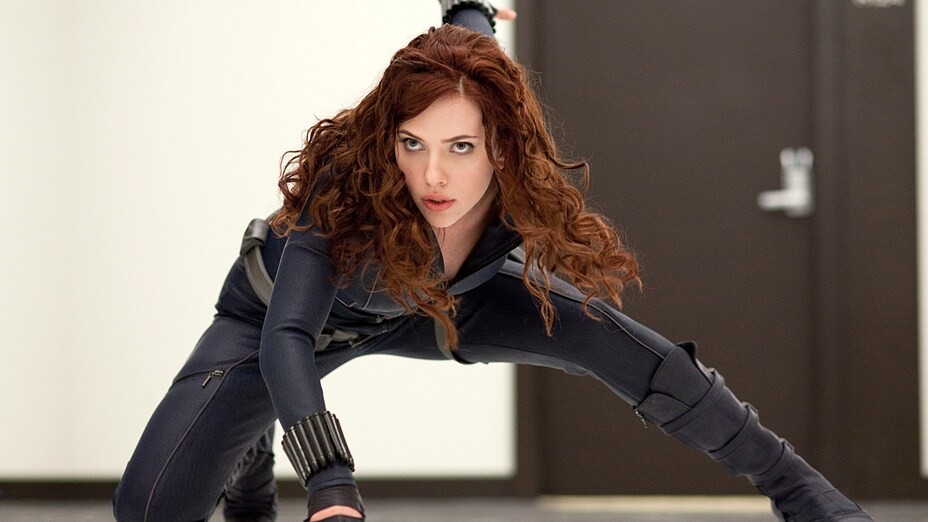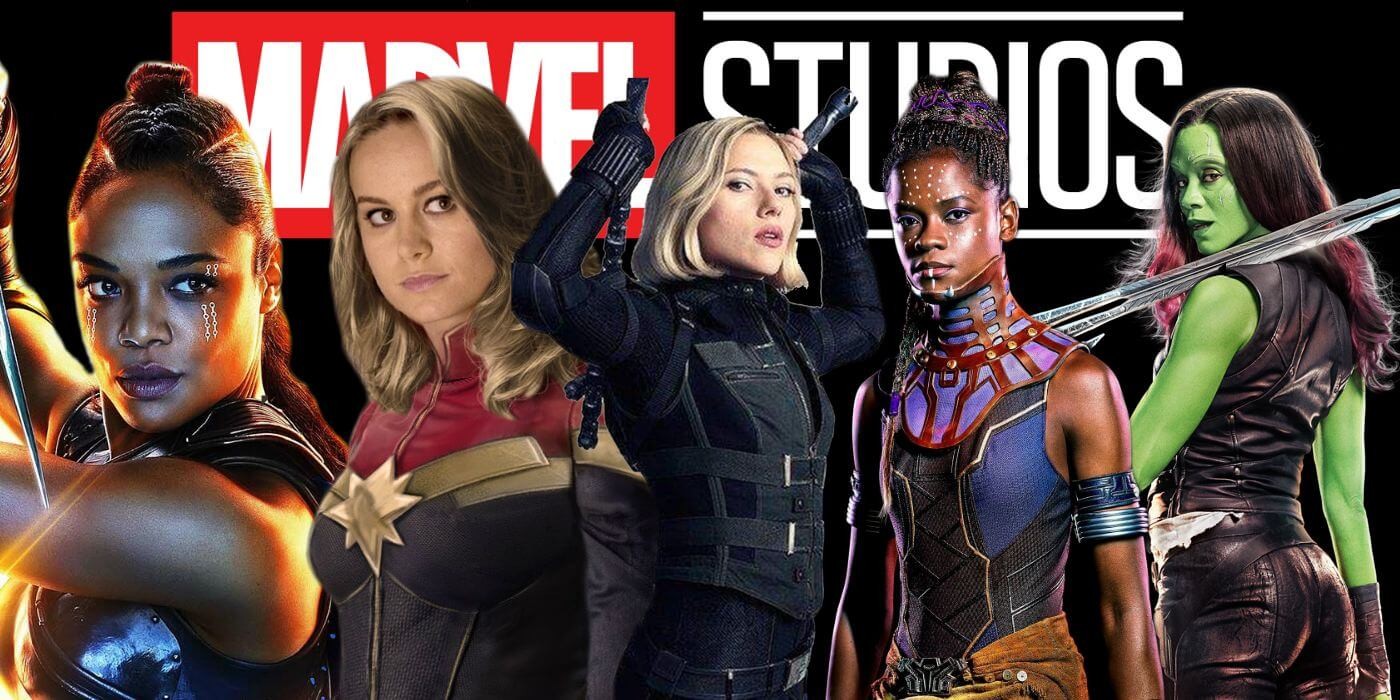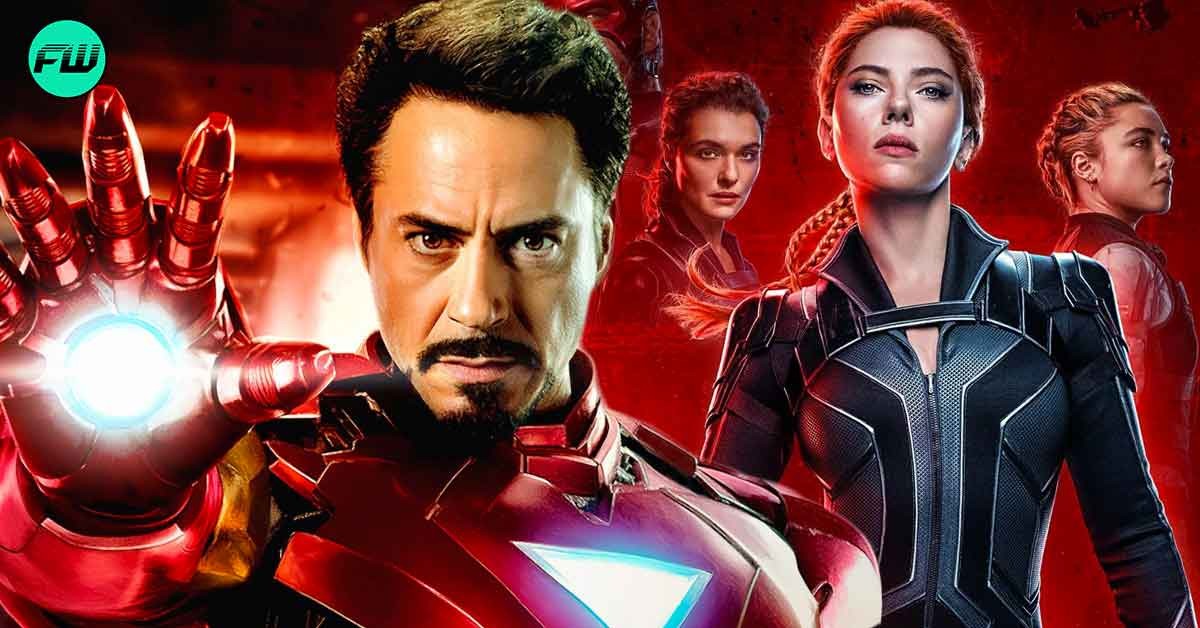Scarlett Johanson, who started playing Black Widow aka Natasha Romanoff in MCU’s Iron Man 2, isn’t the only female superhero who became a victim of hyper-sexualization. Since the comic days, female characters, from DC’s Harley Quinn and Mera to Marvel’s Mystique and Elekra, have struggled to be known beyond their hyper-sexual attire and voluptuous figures.

Time did change, and it changed for good as Robert Downey Jr. and Scarlett Johansson created history by helping MCU become the first franchise to stop sexualizing women after Johansson voiced her concerns, saving Iron Man 2 from colossal damage, also paving a more respectable future for other female stars.
Black Widow’s Journey From Sexualization To Honor
During an interview, Scarlett Johansson narrated how her character, Black Widow from Marvel’s early days, became a constant subject of sexualization, something other female superheroes were experiencing quietly. Directly referencing Iron Man 2, she noted that Black Widow was “so sexualized” and treated “like a possession”. Johansson said:
“…I mean, you look back at Iron Man 2 and while it was really fun and had a lot of great moments in it, the character is so sexualized, you know? Really talked about like she’s a piece of something, like a possession or a thing or whatever — like a piece of a**, really.”

Scarlett Johansson also expressed that Academy Award-winning actor, Robert Downey Jr., who plays Tony Stark/Iron Man in the MCU franchise often delivered hyper-sexualized dialogues like, “I want some.” She said:
“‘I want some.’ Yeah and at one point calls her a piece of meat and maybe at that time that actually felt like a compliment. You know what I mean? Because my thinking was different. Maybe I even would have, you know, my own self-worth was probably measured against that type of comment…”
The Lost in Translation star’s outburst, which might have blown up the $623.9 million blockbuster, rather served as a wind of change for the Marvel franchise. She credits the franchise for accepting the shift and sending a more positive message out there. Johansson continued to appear as Black Widow until her solo feature Black Widow (2021), leaving a remarkable legacy for the character.
Marvel Is Now A Driving Force For Female Superheroes
During the same interview, Scarlett Johansson expressed how the younger generation is enlightened with a more positive message through present-day superhero movies. Explaining how the change to the character was partially driven by her own growth, she said:
“Now people, young girls, are getting a much more positive message, but it’s been incredible to be a part of that shift and be able to come out the other side and be a part of that old story, but also progress. Evolve. I think it’s pretty cool.”
From offering a glorious end to characters like Ramonda, the honorable Queen of Wakanda in Black Panther: Wakanda Forever, to Marvel’s constant attempts towards inclusivity and diversity, certainly leaves the world with a long-due inspiration.

While Marvel deserves credit for becoming the first franchise to stop sexualization and offering more soul to its female characters, Disney’s recent step to remove Marvel executive, Victoria Alonso, citing “breach of contract” for producing and promoting the Oscar-nominated movie, Argentina (1985) sent shockwaves across the world as fans didn’t buy Disney’s defense.
Alonso is one who was abruptly fired last month after she refused Disne’s request to censor LGBTQ imagery in the Ant-Man sequel. The openly-queer Argentine producer, however, played an integral part in the development of Marvel’s “cinematic universe and even sided with the franchise’s changed outlook on female superheroes. Alonso’s case is a perfect example of how a lot still needs to change.
Iron Man 2 is streaming on Disney+.
Also Read: Jackie Chan Called MCU “Fools” for Choosing Robert Downey Jr as Iron Man: “No one hires me”
Source: The Direct


